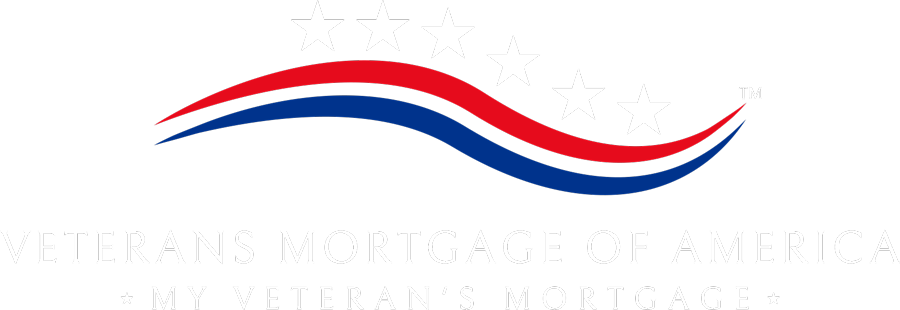
As we age, the likelihood of experiencing a medical emergency increases, bringing unexpected financial burdens. Many seniors are unprepared for the costs associated with serious health events, which can require home modifications, ongoing care, and lifestyle adjustments. Without a solid financial strategy in place, these unexpected expenses can create undue stress and hardship.
Key Areas of Preparation
- Long-Term Care Insurance
Long-term care insurance can help cover the cost of extended care services, whether at home, in assisted living, or a nursing facility. Without it, seniors and their families may be forced to deplete savings or rely on Medicaid, which has strict eligibility requirements and may not cover all necessary services. - Understanding Medicare and Medicaid
Medicare covers many medical services but does not pay for most long-term care expenses. Medicaid may cover long-term care for those who qualify, but navigating the system can be complex. Seniors should review their coverage options and ensure they understand their benefits, limitations, and potential out-of-pocket costs. - Financial Bandwidth for Emergencies
Even with insurance, medical emergencies often come with hidden costs, including co-pays, medical equipment, home modifications (such as wheelchair ramps or stairlifts), and in-home care. Having the financial flexibility to manage these expenses is essential to maintaining independence and quality of life.
How a Reverse Mortgage Line of Credit Can Help
One effective way for seniors to create a financial safety net is by establishing a Reverse Mortgage Line of Credit (RMLOC). Unlike traditional loans, an RMLOC provides access to home equity without monthly repayment obligations, ensuring liquidity when needed. This can be a valuable tool to cover medical expenses, home modifications, or ongoing care without depleting other retirement assets. Additionally, an RMLOC grows over time, increasing available funds should a future emergency arise.
Planning ahead for medical emergencies is one of the most important steps seniors can take to secure their financial well-being. By understanding insurance options, preparing for unforeseen costs, and leveraging financial tools like a Reverse Mortgage Line of Credit, seniors can maintain financial stability and peace of mind.
Michael Pankow is a credentialed Certified Senior Advisor (CSA) and a subject matter expert on reverse mortgages. He is licensed in all 50 states (NMLS 220611). For more information or questions, please reach out to Michael at 916.296.7765.





